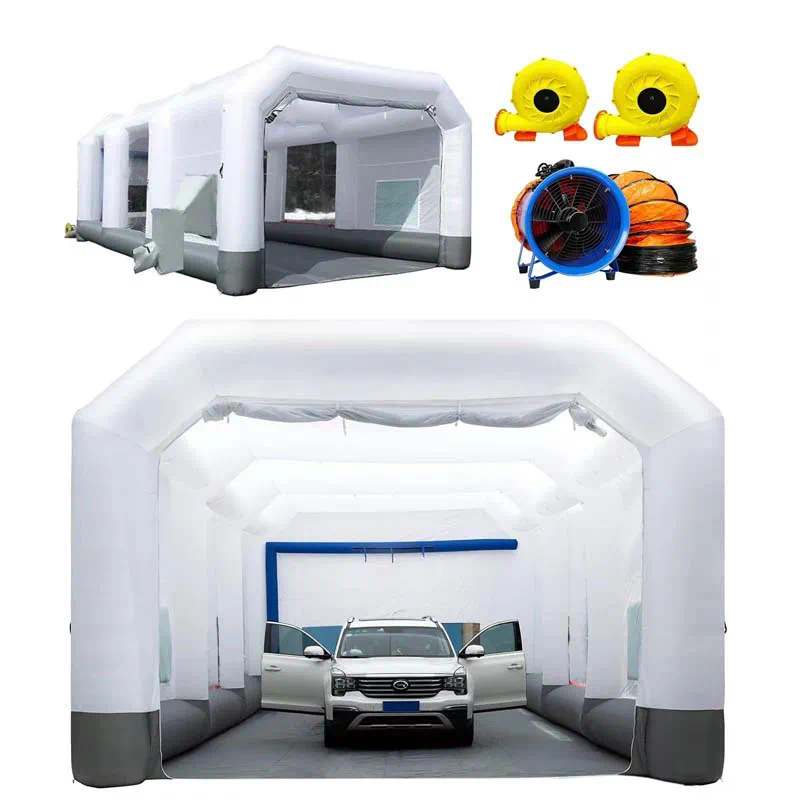Glass lined reactors play a crucial role in the pharmaceutical industry, particularly in the production of drugs. These reactors are valued for their unique combination of glass and steel construction, offering advantages such as corrosion resistance, thermal stability, and ease of cleaning. This article explores the various applications of glass lined reactors in drug production, detailing their design, functionalities, and specific uses within pharmaceutical manufacturing processes.
Design and Construction of Glass Lined Reactors
Glass lined reactors are typically constructed using a steel shell lined with a layer of high-quality glass. The steel shell provides structural support and protection, while the glass lining offers a non-reactive surface that is resistant to corrosion from acids, alkalis, and other harsh chemicals commonly used in pharmaceutical manufacturing. This dual-layer construction ensures both durability and chemical inertness, making glass lined reactors suitable for a wide range of pharmaceutical applications.
Applications in Drug Synthesis and Manufacturing
1. Chemical Reactions and Synthesis
Glass lined reactors are extensively used in chemical synthesis processes involved in drug manufacturing. These reactors provide a controlled environment for reactions where maintaining purity and preventing contamination are critical. The glass lining ensures that the reaction mixture remains free from interactions with the reactor walls, preserving the integrity of the final drug product.
2. API Production
Active Pharmaceutical Ingredients (APIs) often require precise and controlled conditions during synthesis. Glass lined reactors are preferred for API production due to their inert nature and ability to withstand high temperatures and pressures. These reactors facilitate the synthesis of APIs with high purity and yield, meeting stringent regulatory requirements for pharmaceutical products.

3. Purification Processes

In addition to synthesis, glass lined reactors play a vital role in purification processes such as crystallization and distillation. The smooth glass surface of the reactor minimizes the risk of impurities adhering to the walls, ensuring that the purified drug substances meet pharmaceutical standards. This is particularly important for drugs intended for injection or intravenous administration, where purity and sterility are paramount.
Advantages of Glass Lined Reactors in Drug Production
Glass lined reactors offer several advantages that make them indispensable in pharmaceutical manufacturing:
– Corrosion Resistance: The glass lining protects the reactor from corrosive substances, ensuring product purity and longevity of the equipment.
– Easy Cleaning: Smooth glass surfaces are easy to clean and sterilize, reducing the risk of cross-contamination between batches.
– Thermal Stability: Glass lined reactors can withstand a wide range of temperatures, allowing for precise control over reaction conditions.
– Versatility: They can be used glass lined stainless steel reactor for various processes including mixing, reaction, and drying, making them versatile tools in drug production facilities.
Challenges and Considerations
While glass lined reactors offer numerous benefits, they also present certain challenges:
– Mechanical Strength: Glass lined reactors may be more susceptible to mechanical damage compared to fully metallic reactors.
– Cost: Initial investment and maintenance costs of glass lined reactors can be higher than alternative materials.
– Compatibility: Careful consideration is needed when selecting materials and operating conditions to prevent damage to the glass lining.
Future Trends and Innovations
The pharmaceutical industry continues to evolve, with increasing emphasis on efficiency, sustainability, and regulatory compliance. Future innovations in glass lined reactor technology may focus on enhancing mechanical strength, improving process control capabilities, and reducing environmental impact through advanced materials and design modifications.
In conclusion, glass lined reactors are indispensable tools in drug production, offering a unique blend of chemical resistance, thermal stability, and ease of maintenance. Their widespread use in pharmaceutical manufacturing underscores their importance in ensuring the safety, efficacy, and quality of modern medicines. glass lined reactor spark test As technology advances, so too will the capabilities of glass lined reactors, driving innovation and excellence in pharmaceutical production worldwide.
https://ortumeta.com/
